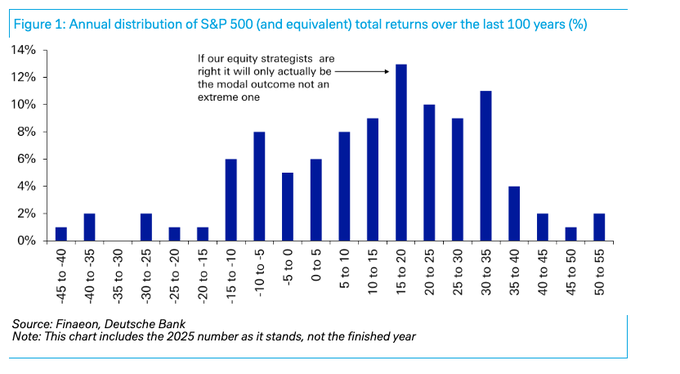By 2028, 75 per cent of enterprise software engineers will use AI code assistants, up from less than 10 per cent in early 2023, according to Gartner, Inc.
According to a Gartner survey of 598 global respondents in the third quarter of 2023., 63 per cent of organizations are currently piloting, deploying or have already deployed AI code assistants.
- Read: Eye for AI. Artificial intelligence spells the end of OS as we know it
AI code assistants enable more capabilities beyond code generation and completion. They are collaborative assistants that improve developers’ efficiency by stimulating brainstorming and increasing code quality enhancements. This empowers developers to continuously upskill and build proficiency across programming frameworks.
The enablers offered by AI code assistants lead to increased job satisfaction and retention, thereby saving the costs associated with turnover.
- Read: Infosys, Intel team up to drive enterprise growth with Gen AI
“Software engineering leaders must determine ROI and build a business case as they scale their rollouts of AI code assistants. However, traditional ROI frameworks steer engineering leaders toward metrics centered on cost reduction. This narrow perspective fails to capture the full value of AI code assistants,” said Philip Walsh, Sr Principal Analyst at Gartner.
Traditional ROI frameworks fail to capture the full value of AI code assistants. To build an effective value story extending beyond traditional ROI metrics, software engineering leaders must reframe the ROI conversation from cost reduction to value generations.
















